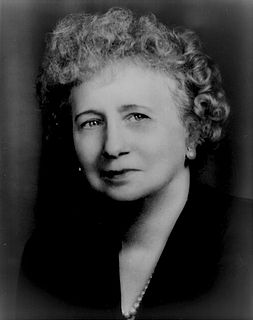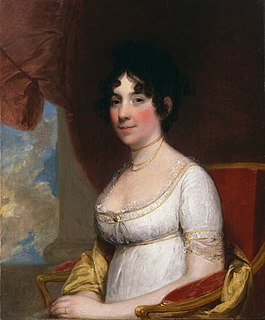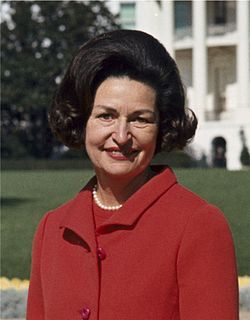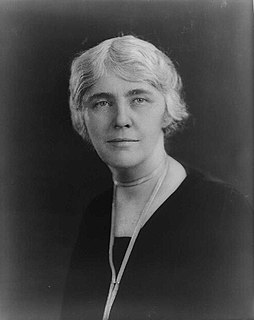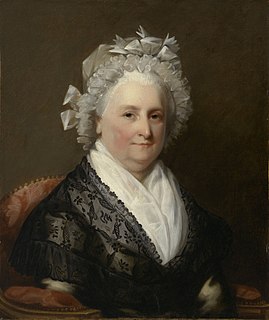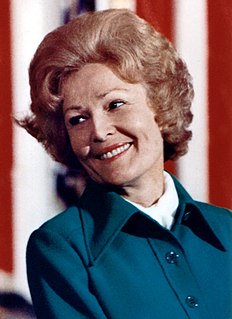A Quote by Michelle Obama
Elections aren't just about who votes but who doesn't vote.
Related Quotes
The Indian voter today is very mature. He votes in one fashion in the Lok Sabha elections, he votes in a different manner in the State Assembly elections. We have seen this. In 2014, the General Elections conincided with the Odisha Assembly elections. The same electorate gave one judgement for Odisha and another judgement for Delhi. So this country's voter is very mature and we should trust his maturity.
The average man votes below himself; he votes with half a mind or a hundredth part of one. A man ought to vote with the whole of himself, as he worships or gets married. A man ought to vote with his head and heart, his soul and stomach, his eye for faces and his ear for music; also (when sufficiently provoked) with his hands and feet. If he has ever seen a fine sunset, the crimson color of it should creep into his vote. The question is not so much whether only a minority of the electorate votes. The point is that only a minority of the voter votes.
George Wallace for some strange, unknown reason, he liked me. George Wallace came down to Florida, and he went all over Florida, and he said to the people, 'If you all can't vote for me, don't vote for those oval-headed lizards. Vote for Shirley Chisholm!' And that crashed my votes, because they thought that I was in league with him to get votes.
I think what it was about was the people's right to vote and have those votes counted. And if you think back through our history, an awful lot of what we've fought over, struggled for, is the right of people to vote. That's what the civil-rights movement was, at its bottom, about. At the fundamental level, democracy means a government in which the people vote.



















